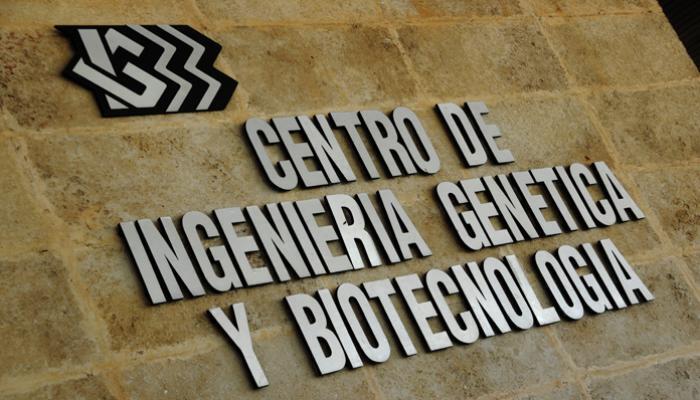The advances of sciences in Cuba, which have had a direct impact in the improvement of the nation's healthcare standards, do not go unnoticed by foreign governments. Costa Rica President, Luis Guillermo Solis, on a visit to Cuba this week, has said that his country would be interested in specifically exploring Cuba's breakthroughs in biotechnology.
President Solis toured Havana's iconic Center for Genetic Engineering and Biotechnology and held meetings with managers, researchers and experts. The center, member of the BioCubaFarma scientific umbrella group, has 236 approved health registries in 57 countries and is currently conducting more than 50 research and development projects in the areas biomedicine, agriculture and animal health.
The Cuban Center for Genetic Engineering and Biotechnology is also behind a core of novel biotechnology products used in the prevention, diagnosis and treatment of 26 diseases. Products from the center are used in the treatment of hepatitis B and C, meningitis, some types of cancer, anemias and hemorrhagic conjunctivitis, acute myocardial infarction, and diabetic foot ulcers.
Precisely for the treatment of diabetic foot ulcer, there is a product called Heberprot-P, which prevents amputations, as evidenced by the 100 thousand patients worldwide and some 50 thousand Cubans who benefit from this medicine.
Indeed, in Costa Rica a pilot program is being run to ascertain the benefits of Heberprot-P and possibly extend its use in the country's healthcare system.
Following his visit there, the Costa Rican President noted the potential that the Cuban Center for Genetic Engineering and Biotechnology had in the production of drugs for the prevention and treatment of diseases such as diabetes. President Solis has pointed to the importance of both nations joining efforts not only in healthcare but also in agricultural development.
This is a path that Cuba is already following with countries like China, with which there are important biotechnology deals. Cuba's BioCubaFarma group and China's Xinkexian Biological Technology recently agreed to license patents, investments, and the supply and distribution of the vaccine NASVAC, a Cuban product that acts successfully against chronic Hepatitis B a disease that affects millions of people worldwide.
So there is reason to celebrat the efforts of those who through their work and creativity contribute to science, technology and innovation boosting the economic and social development of Cuba and other sister nations.


